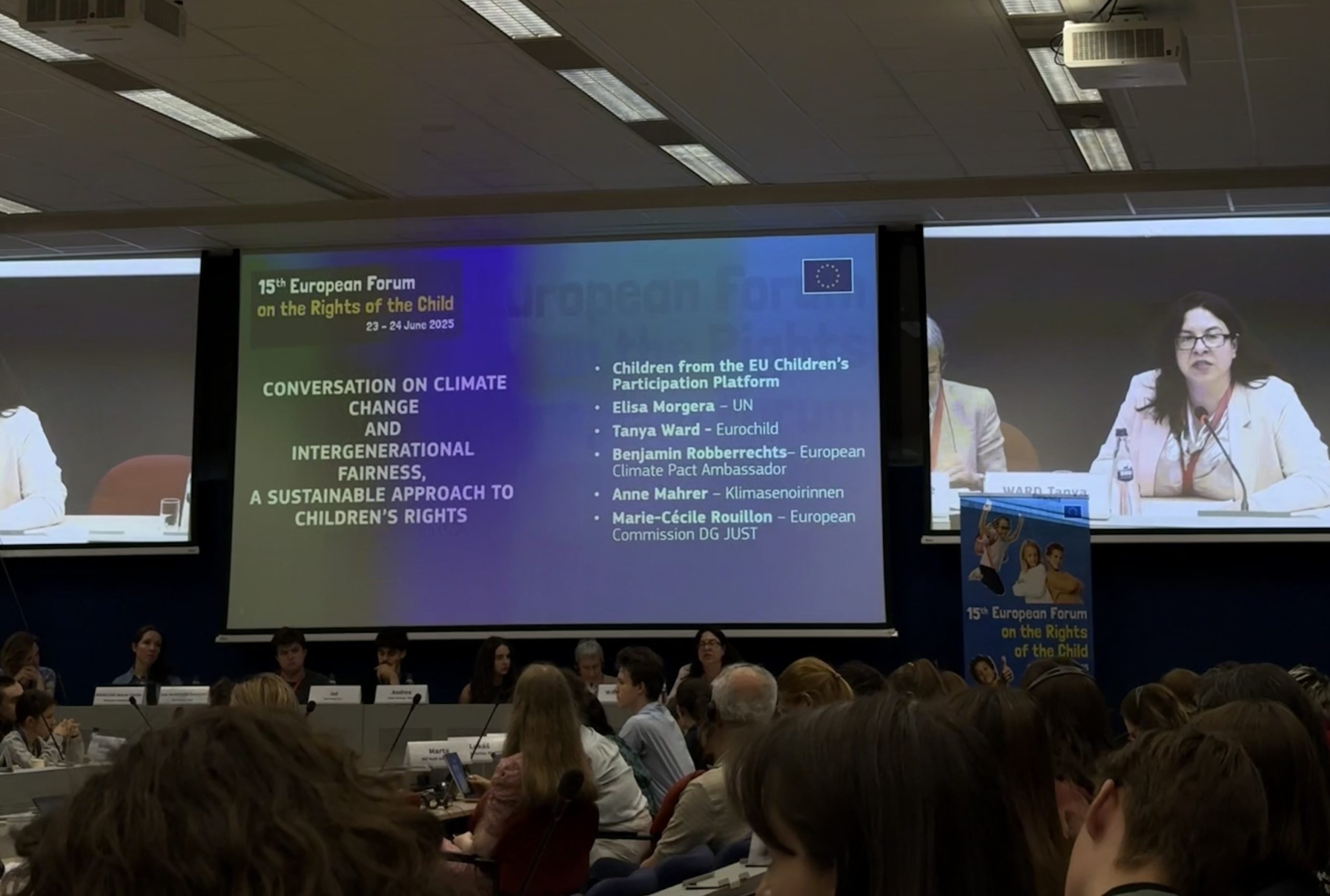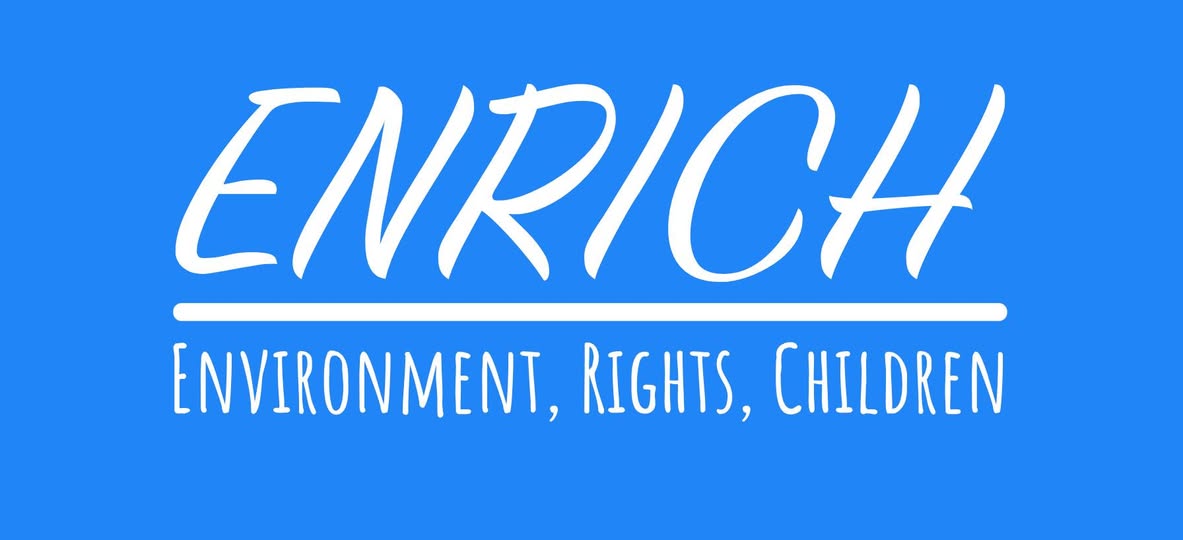What are the effects of urban planning and public transportation on children's rights?
Eurochild member Plataforma de Infancia releases an analysis of sustainable mobility policies for children.
Young activists have carried out the main awareness-raising and political advocacy actions on the right to a healthy environment until it began to be taken into consideration. Spain is particularly vulnerable to climate change, since it is already exposed to desertification and extreme weather events. This affects the quality of life of society in general.
Cities are especially harmful environments due to high levels of pollution produced due to the burning of hydrocarbons from cars, the lack of green spaces, the lack of safe and healthy spaces and different factors that are increasingly common such as heat waves or lack of rain. These impact the fulfillment of several children's rights, such as the right to health.
Living in an urban environment usually facilitates access for children to services such as education or healthcare, but families also face a higher cost of living or the lack of affordable housing. However, in some areas there are serious cases of inequality especially in poor neighborhoods or suburbs where inhabitants are increasing and where inadequate housing can affect the mental health of children and they are usually more exposed to pollution, extreme temperatures and lack of sleep.
Although it is true that the majority of mobility plans and policies analysed include children as a group of special vulnerability and establish concrete measures among their objectives intended for this age group, in practice, the mobility model and the design of cities, continue to prioritise private vehicles over public transportation. Furthermore, in the municipalities analysed there are no free public transportation policies for children. This causes boys, girls, adolescents and their families to have to spend a lot part of their family budget to access essential services such as doctor, school, leisure activities, etc.
Key recommendations
- Guarantee children's perspective in mobility policies.
- Ensure the participation of children in the development of these policies through effective participatory spaces and mechanisms.
- Promote and encourage the use of public transportation, turning it into an efficient means of transportation, putting special focus on:
- Guaranteeing efficient, accessible public transport networks with sufficient resources in cities and rural areas, guaranteeing access for vulberable children and eliminating the obstacles that many families with children have to overcome for its use, such as the limitation of space for carts.
- Launching awareness campaigns about the benefits of using public transport.
- Establishing free public transportation for all minor boys and girls of 18 years.
- Promoting and extend bike lanes in cities, with the aim of improving air quality by reducing polluting emissions.
- Reinforcing public transport lines on days with high pollution levels.
- Progressively eliminating the most polluting vehicles.
- Creating school streets as a mechanism to reduce motorized traffic and improve security in areas adjacent to schools.




